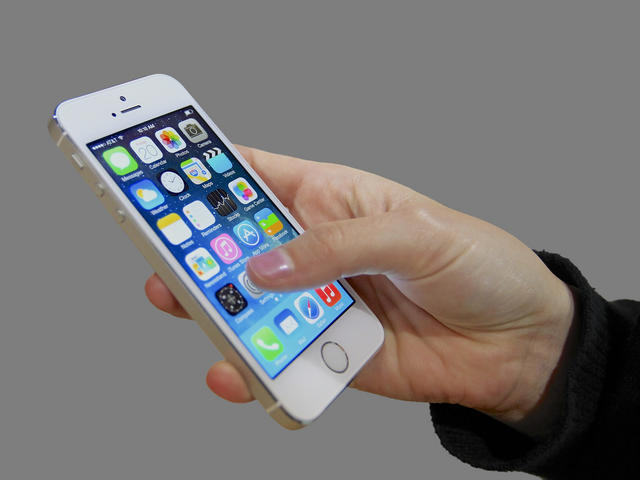Question: Is your cell phone private? Yes.
In a unanimous decision, the Supreme Court ruled that law enforcement agencies cannot randomly search your cell phone without a judge-issued search warrant, otherwise, it violates 4th Amendment rights.
Chief Justice John Roberts wrote in the opinion, cell phones are not the same as wallets or pocket litter saying, "more substantial privacy interests are at stake when digital data is involved."
Brendan Beery, law professor at Cooley Law School says the court was specific in its distinction.
"The Supreme Court took a very modern view of what a cell phone is. What's in the cell phone is as private as what's in your home, what is in the trunk of your car, or what is in your briefcase," said Beery.
Tampa police expected the decision. So did the Hillsborough County Sheriff's Office because both have already been obtaining search warrants.
BACKGROUND: Ruling has little effect in Florida
"If that information becomes crucial in the investigation, without a warrant, you might as well throw it out the window, because it was obtained illegally," said Hillsborough County Sheriff's Office Detective Larry McKinnon.
Pinellas County Sheriff Bob Gualtieri agrees, but says the court kept intact exceptions for imminent danger, which would negate the requirement for a search warrant.
"They laid out a bunch of different scenarios that we could still search the phone to get the job done when we need to," said Gualtieri.


